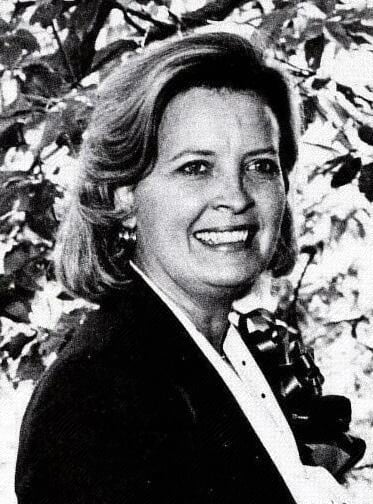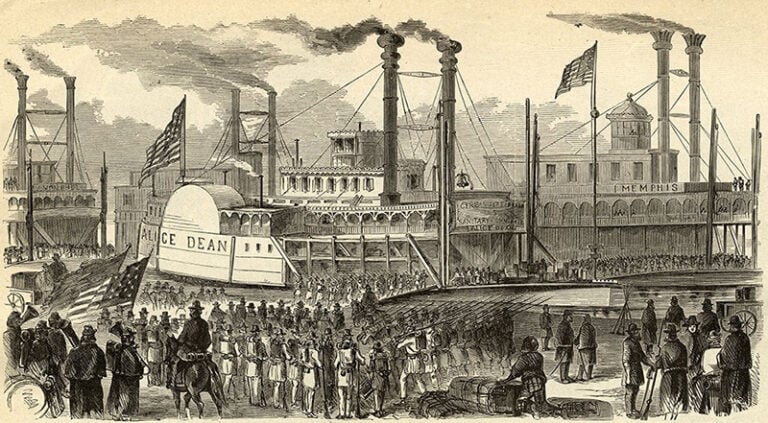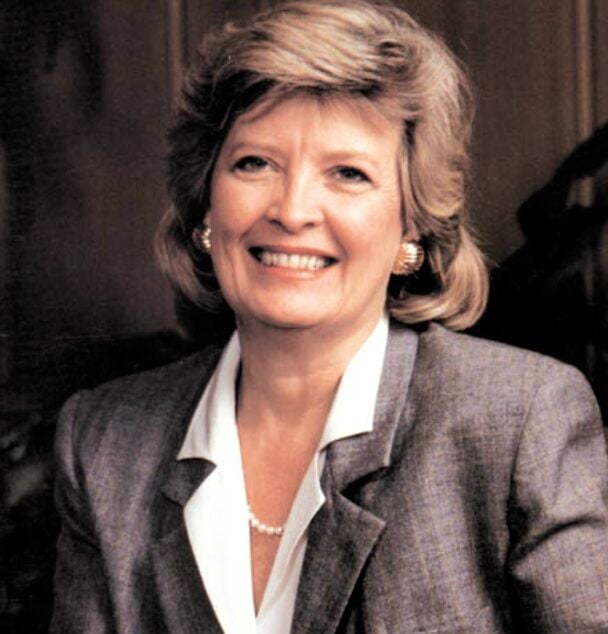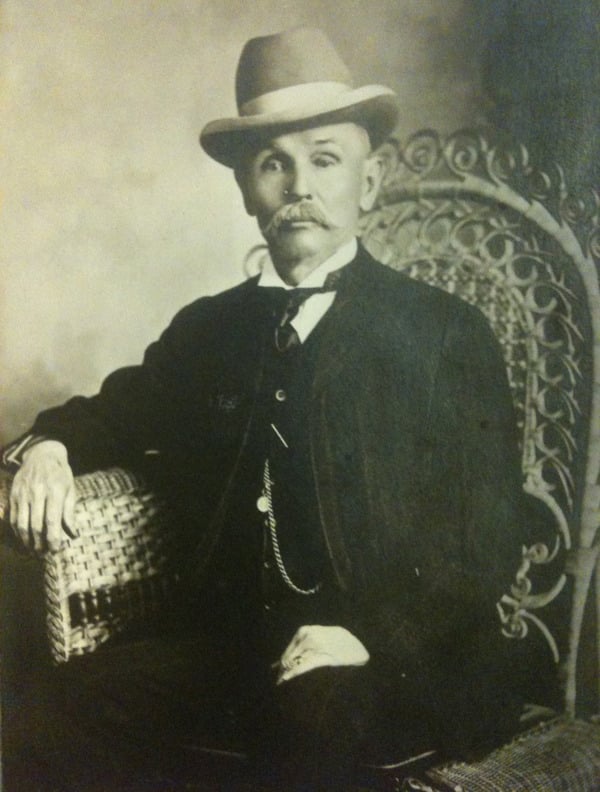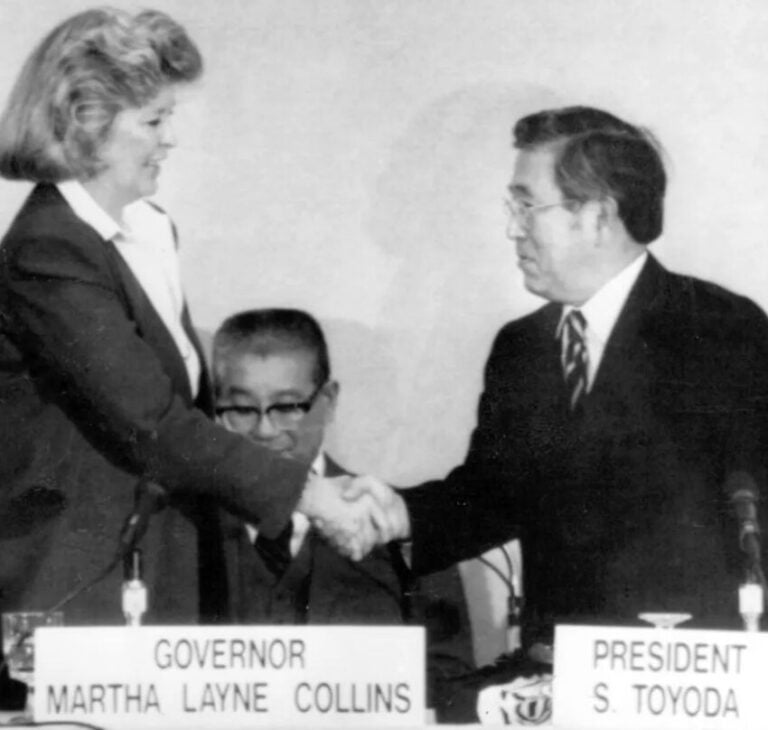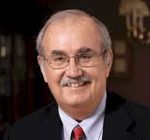Dear Racing Gods:
That was quite a fit you guys threw at Pimlico Saturday, just before the Preakness. The way I figure, there must have been a last-minute fight up there in Horse Heaven over whether American Pharoah deserves a shot at racing’s Triple Crown.
We all know you protect the Triple Crown like the Secret Service protects the President. Well, considering recent circumstances, let me rephrase that. You protect the Triple Crown as zealously as Anthony Davis protects the rim for the New Orleans Pelicans.
But, geez, it’s been 37 years since you let a horse enter the sport’s most exclusive club. It’s almost gotten to be a joke, sort of like that Peanuts cartoon where Lucy Van Pelt tees up the football for Charlie Brown and promises she won’t snatch it away this time. But she does, always, leaving poor, gullible Charlie flat on his back with stars in his eyes.
I don’t know if it will help American Pharoah’s cause, but, just in case, I’d like to apologize for that stupid column I wrote for The Courier-Journal before the 1979 Belmont Stakes. At the time, it seemed inevitable that the brilliant Spectacular Bid would become the sport’s third consecutive Triple Crown winner and fourth in the decade.
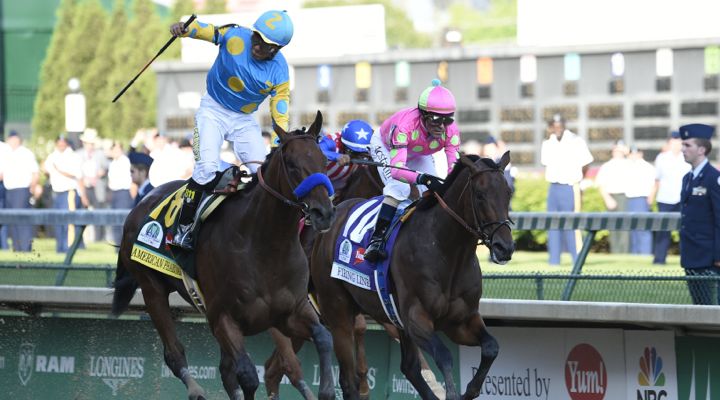
So in my infinite wisdom, I wrote a column that was headlined, “Has the Triple Crown Become Too Easy?” If that offended you, I certainly apologize. It seemed like a good idea at the time. Then again, I know I’m only flattering myself to think that you gods would ever get in a snit about anything these fingers have typed.
But that’s the thing: You don’t care much what anybody thinks or wants, do you? You sure don’t care about trainer Bob Baffert, who’s 0-for-3 with the Triple Crown on the line. You don’t care about jockey Victor Espinoza, who’s 0-for-2 in Triple Crown efforts includes last season’s disappointing loss aboard California Chrome.
I hope you have forgiven Chrome’s co-owner, Steve Coburn, for his stupid nationally televised tirade even before the horses got back to be unsaddled. He accused the owner of the victorious Tonalist, who had not contested the Kentucky Derby or Preakness, of being a “cheater” and a “bad sport,” when, in fact, he did nothing wrong except what was best for his horse.
So now here we are again, and I come to you in sackcloth and ashes to make a case for American Pharoah, obviously the best of his crop and a deserving candidate for Triple Crown immortality.
He may not be the next Secretariat or Citation – Triple Crown winners in 1973 and 1948, respectively – but it’s not fair to hold that against him. Those two, along with Man o’ War, are arguably the three greatest American horses in racing history. (Man o’ War won the Preakness and Belmont, but did not run in the Derby because owner Samuel Riddle thought Louisville was too far west.)
Heck, he may not even be as good as Count Fleet and Seattle Slew, who won the Triple Crown in 1943 and 1977, respectively. But that’s not the point. All that matters is how he stacks up against the rest of his generation. By that standard, American Pharoah is more than Triple Crown worthy.
In an 18-horse Derby field, he broke from far outside and had to endured Espinoza’s relentless whipping down the long Churchill Downs stretch. He finished a length ahead of Firing Line in as game a performance as the Derby has seen in years.
Then, at the Preakness, he drew the disadvantageous No. 1 post position, which became even worse when the deluge came. As Baffert said, “I saw a picture of the track, and it was like a river running on the rail. I thought, ‘He’s got to run through that?’ It was crazy.”
It also caused Espinoza to dump his game plan. Instead of taking back, he decided to go for the lead in order to reduce the amount of mud thrown in his colt’s face to a minimum. Smart jockey. After battling Mr. Z for the lead for a half mile, American Pharoah drew clear on the backstretch, pricked his ears, and bid adieu to his rivals. He was so much in command turning for home that Espinoza only had to tap him a couple of times.
His winning times for both the Derby and the Preakness were pedestrian, at best. Of course, the Preakness time of 1:58.45 for 1 3/16th miles was the slowest since Fabius in 1956. But that was because of what you racing gods did with the weather. Rarely have track conditions changed from fast to sloppy so quickly. Some jockeys seemed to be more concerned with protecting their horses than winning the race, which is a good thing.
So, racing gods, what will be your pleasure in the Belmont Stakes? Will you reach consensus that American Pharoah measures up to the other 11 who have won the Triple Crown? Or will you do the Lucy Van Pelt thing again and snatch away the ball at the last second?
I humbly petition you on American Pharoah’s behalf. He has an Egyptian owner, a Mexican jockey, and a California trainer. All are good folks who have paid their dues. The horse himself is a docile sort who stands at ease while strangers pet him or take his photograph. As a team, they are wonderful ambassadors for a troubled sport.
On the long list of thoroughbred racing’s needs, a Triple Crown winner isn’t even in the Top 10. But it would be nice, for a change, to have a positive distraction from the sport’s myriad of problems. More than anything, it would at least prove to a skeptical generation that the feat is still as possible today as it was in 1978, when Steve Cauthen guided Affirmed to a dramatic win over Alydar over Belmont Park’s mile-and-a-half oval.
Thank you, racing gods, for hearing me out. Everyone in the sport realizes this thing is entirely in your hands. Please don’t hold it against us for hoping that you got rid of all your anger in Baltimore and are preparing for a blissful June 6 at Belmont Park.
Your humble servant,
Billy Reed
Billy Reed is a member of the U.S. Basketball Writers Hall of Fame, the Kentucky Journalism Hall of Fame, the Kentucky Athletic Hall of Fame and the Transylvania University Hall of Fame. He has been named Kentucky Sports Writer of the Year eight times and has won the Eclipse Award twice. Reed has written about a multitude of sports events for over four decades, but he is perhaps one of media’s most knowledgeable writers on the Kentucky Derby.
To read more from Billy Reed, click here.












